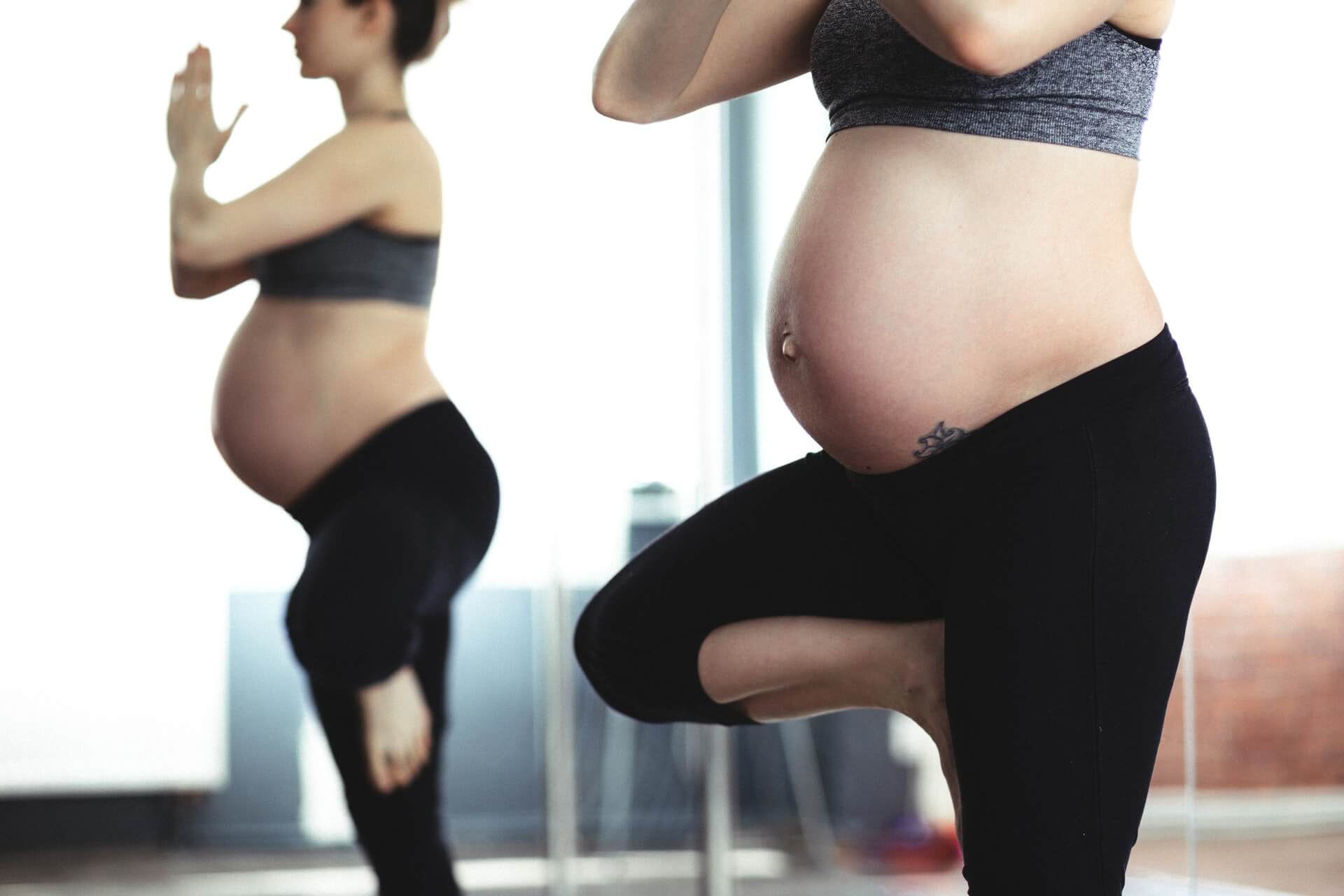The nine months of pregnancy can be a smorgasboard of aches, pains and discomforts. It’s thought almost one third of women are unlucky enough to suffer from SPD or Symphysis Pubic Dysfunction.
Symphysis Pubic Dysfunction (SPD) is one of the most common complaints that we see in pregnant women. The symphysis pubis is the joint that connects the two halves of your pelvis, and SPD happens when that joint becomes unstable. The pain can be felt at the front of the pelvis over the pubic bone, sometimes radiating into the upper thighs. It can also be felt at the lower back, or into the perineum (pelvic floor region).
SPD is thought to be caused by hormonal and pelvic load changes during pregnancy that lead to more relaxed ligaments and muscular weakness. Women can experience mild to severe pain walking, going upstairs or standing. Turning over in bed can also cause discomfort.
Pubic symphysis dysfunction has been reported in 31.7% of pregnant women.
Most commonly SPD arises in the second or third trimester but it can also happen in the first trimester, or postnatal. Usually, the pain is relieved after giving birth, with most pain-reducing or resolving between 1 and 6 months postnatal.
Osteopathic Treatment for SPD
Firstly, we want to see the pelvis functioning as well as it can with the increased load of pregnancy. This can be achieved by gentle manual techniques to ensure the joints are functioning and the muscles are not pulling at the pelvis in a way that might increase pain. Secondly, exercises to improve stability may also be prescribed.
Although it is good to stay active, certain activities should be avoided where possible. These include pushing a heavy shopping trolley, lifting and twisting, and vacuuming. Standing (on one or both legs), or sitting for long periods should also be avoided. Some strategies to help with the pain include sitting to put on pants, taking stairs one at a time or taking the lift instead. Keeping knees together when getting out of a car and keeping a pillow between the legs in bed can also help.
Everybody responds a little differently to the effects of pregnancy. If you are getting pubic or pelvic pain, see your Osteopath for a treatment plan that is specific to your needs.

